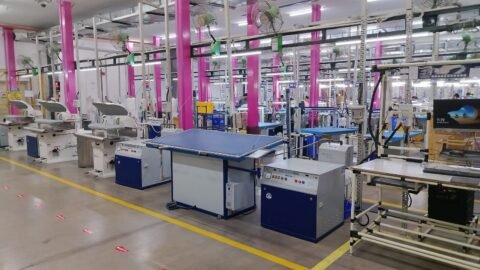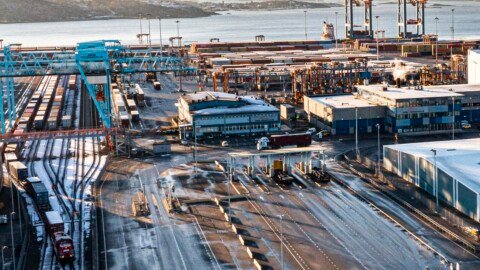IT solutions provider to the global logistics industry, Kale Logistics Solutions (Kale) has announced it has started offering Maritime Single Window (MSW) services under its port community system (PCS) 3.0– CODEX.
Maritime Single Window (MSW) is a single point of data entry for documentary requirements and procedures in maritime transport. MSW enables a seamless exchange of information such as vessel, berth and maritime information between shipping lines, line agents, container owners, port authorities, terminal operators, customs, and other regulatory agencies.
With multiple stakeholders engaged in the marine supply chain, the MSW platform shall be a real tech-enabler and enable paperless operations and bring down maritime dwell time significantly.
Ports today are facing a shortage of human resources, non-availability of the right information of and from port users, poor data quality, siloes of operations and difficulty in handling exceptions. Technological innovation plays a key role in developing solutions to provide a solution to these challenges.
Vineet Malhotra, Director, Kale Logistics Solutions said, “In these tumult times, Kale stands with the industry by enabling business continuity and Kale’s Maritime Single Window is specifically crafted to overcome data redundancies and manual document exchange. We have been helping ports and the allied maritime community across the world realise their vision of building resilient, adaptable, and purpose-driven Ports that deliver business growth and sustainability.”
“The MSW also fully supports FAL compliance from International Maritime Organidation (IMO). With next-gen technologies like Blockchain, AI, IoT, and data clouds embedded into this PCS 3.0, we are confident to deliver elevated client experiences and innovative green solutions,” he added.
As per a study conducted by Kale, a port handling around 1 million TEUs can save up to 4,000 trees annually with paperless operations. CO2 emission from trucks around the port premises can be reduced by 70 percent by managing truck wait times at the port gate through advance slot management.







